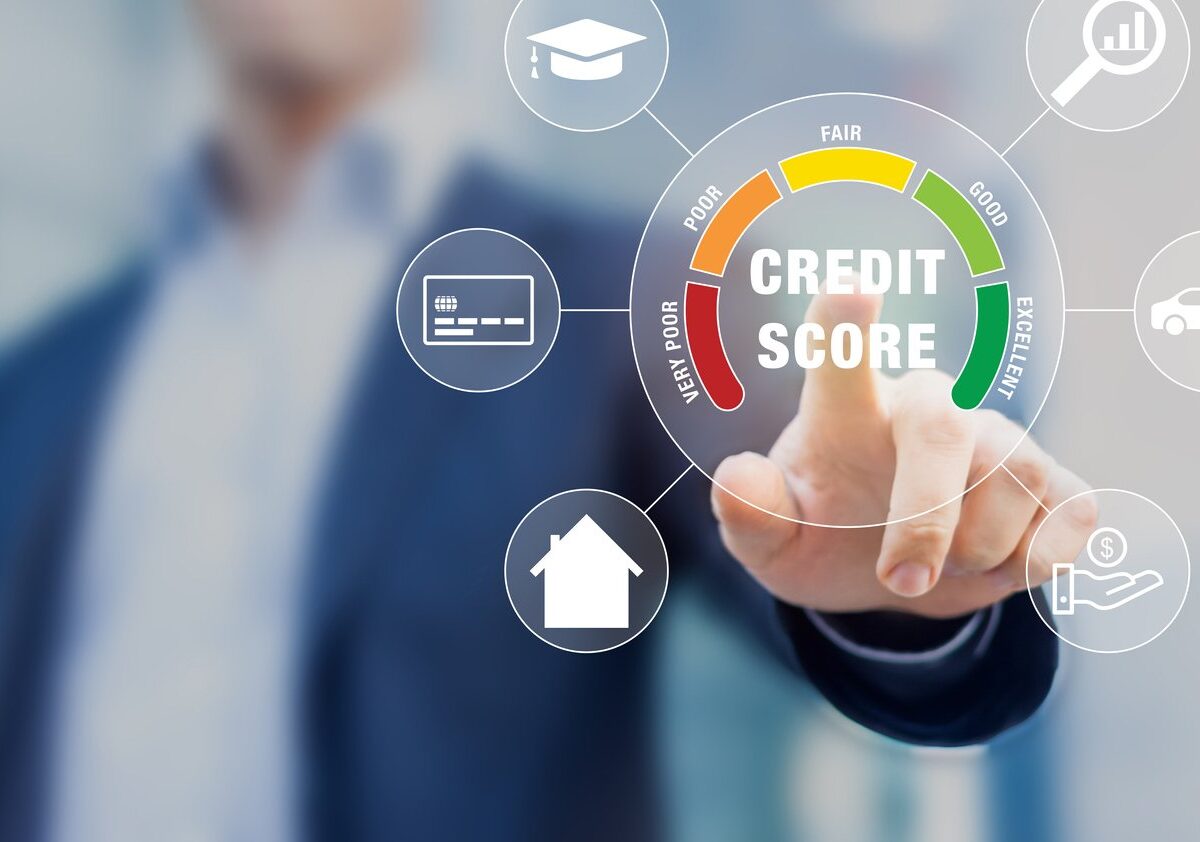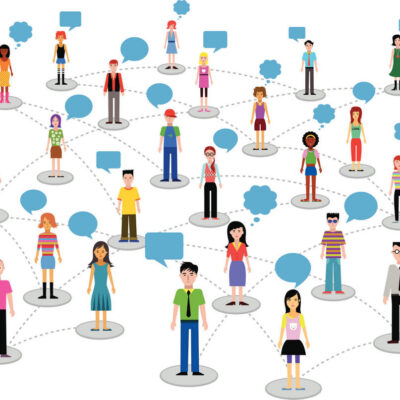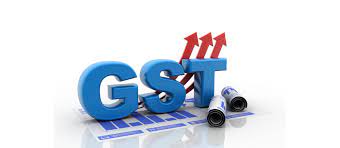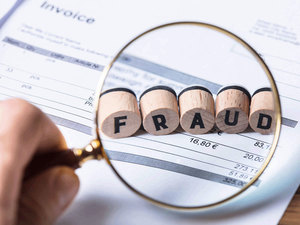Your credit score is the main factor which makes you either high risk, or low risk profile in terms of lending you a credit. Whatever mistakes you do with your financials, will be directly reflected on your credit report which shall further result in a low credit score. So it is necessary to check your credit score every now and then.
A higher credit score will not only benefit you in the present, but shall also be useful for your future plans. To correct or maintain your existing credit score, you should know the reasons which affected your credit score and work on them, which will give you a range of benefits.
Let’s check upon the reasons that shall result in a lower credit score.
1. Your payment was more than 30 days late
Payment history is one of the major reasons behind a poor credit score. When you pay your loan late or your credit card payment is more than 30 days past due date, the same will be reported to the credit bureaus, and it will be reflected on your credit report in the form of low credit score. Once the late payment remark hits your credit report, your credit score will drop.
2. You have a high balance on one or more credit cards
Paying on time your credit card payment is important, but you also need to think about the balance you carry on each credit card because your credit utilization ratio is also an important factor which has its own impact on determining your score. In simple language credit utilization ratio means the portion of your credit limit you actually use. It is figured on both overall and per card basis. Aim to use no more than 30% of your credit limit on any card, because the best score goes to those who use less than that.
3. You made multiple inquiries for credit
Whenever you put new inquiries or rather say multiple inquiries with multiple or single lending institutions, that information is added to your credit report, which affects your credit score. You would know that your new credit inquiry makes up 10% of your credit score. Multiple inquiries show that you are credit hungry and lenders consider you as a high risk profile, thus you end up being denied for credit. Not only you are not approved for the current loan, your chances for future loan are also affected, as multiple inquiries will also affect your credit score. Thus, this will have two drawbacks.
4. Your credit card was closed or cancelled
You have read right that closing your credit card can hurt your credit score, especially if your credit card has a balance or more available credit than your other credit cards. It is possible that your credit card issuer can cancel your credit card which will impact your credit score.
5. Identity theft or a mixed credit file is dragging you down
When you find out that your credit score is much lower than expected it means there is a high chance that someone else’s credit activity is being reported as yours. It is a red flag which means that you must take some action, because there is a possibility that a criminal mind is using your credit card number or is opening new accounts in your name. If you find it, immediately notify the Credit Card Company or Banks.
It is also possible that if you have the same name as someone else, your credit files have been mistaken for theirs. This should also be disputed with your lenders as well as the credit bureau. Hence, it is recommended that one should regularly check one’s credit report.
6. Paying only the minimum amount due for credit card
If you pay the minimum amount due for a credit card on a monthly basis, you may end up having a pile of debt because a minimum amount due is a small portion of the principal that is outstanding every month. Paying only the minimum debt every month leads to the interest compounding on your outstanding balance. Hence, it is recommended to pay your credit card debt in complete amounts, as it shall be a part of your repayment history, and you know your payment history is made up of 35%.
7. Errors in your credit report
Your credit report is a detailed report of all your information which is categorized in 4 sections including your current and past credit accounts. If you find any error in any of the sections then you should immediately contact your lenders to fix it because this can also have a toll on your credit score.
8. Not having a credit mix
It is essential to have the right financial portfolio with the right mix of credit because too many unsecured credits or too many secured credits both, have an effect on your credit score. If you have mixed credit, it shows your ability to handle both kinds of credit well. This is desirable for any lender to consider you for extending credit.
9. Length of Credit History
Good credit history makes up 15% of your credit score, as lenders consider it before rejecting or approving any credit. Hence, it is essential to have a good and long credit history; it helps lenders to make sound decisions at the time of offering you any form of credit. It is essential to build a good and long credit history in the earlier stage of life, so that by the time you apply for a higher loan such as a car loan or home loan; you will have better credit transactions.
10. Your unpaid account was sent to collection
When your unpaid account is sent to a collection agency for collection it means that you are beyond your late payment chance or beyond any grace period to repay. The end number of reminders that were sent by your lenders was ignored by you. It is important to pay all your accounts to protect your credit score. Once collection shows up on your credit report, it will cause a significant drop in your credit score.
We hope that these tips were useful to you and next time you have your monthly payment, we are sure you will not linger, to pay it later, and maintain a good financial life.








